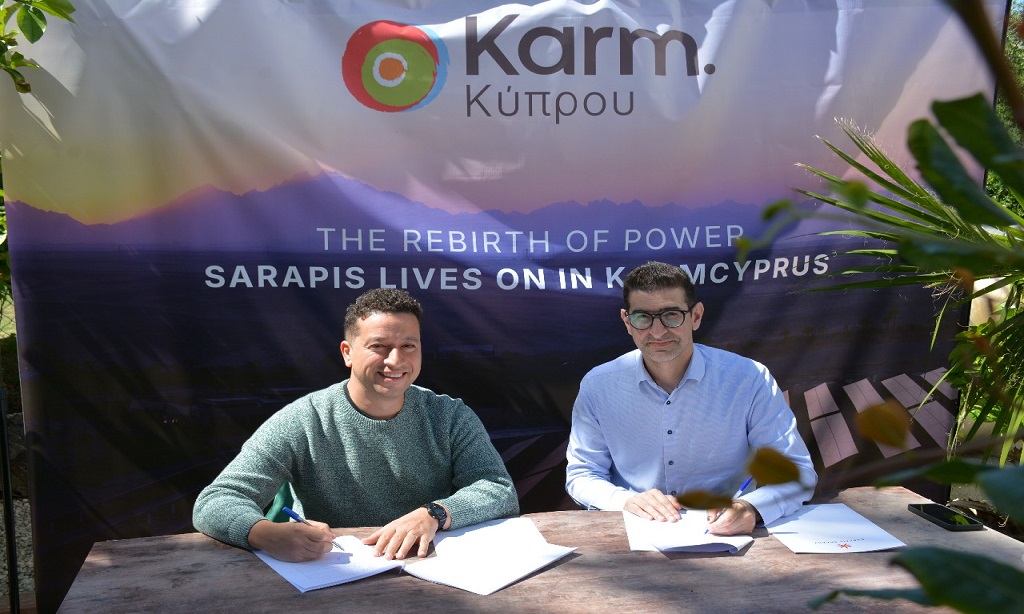Cairo - Mubasher: Egypt’s pioneering solar energy utility Karm (KarmSolar) has established KarmCyprus, the company’s first international venture, marking its official expansion into the Cypriot energy market.
In line with the group’s expansion strategy, KarmCyprus has secured a license to build and operate a 7.60 megawatt (MW) solar PV plant in Monagroulli, located in southern Cyprus.
KarmCyprus also finalized EUR 5 million in project financing, last September, from EuroBank to support the PV plant construction.
Meanwhile, the facility is expected to be operational by September 2026.
This step marks Karm’s entry into the Mediterranean energy market, supporting its integrated business model, which includes power generation, distribution, storage, and electric mobility.
Ahmed Zahran, CEO of Karm, said: “We invested EUR 2 million to help establish KarmCyprus and launch operations, supported by an additional EUR 8 million raised from Egyptian and international investors.”
“The company is collaborating with both local EPC and O&M providers to ensure on-ground efficiency and compliance, while also expanding into power supply through strategic partnerships as well as land acquisitions for central solar generation plants and energy storage, alongside exploring new business ventures such as electric vehicles (EVs)”, he added.
Cyprus is moving towards a more open, competitive landscape that allows consumers to choose their electricity supplier. It also has high energy prices, a significant reliance on fossil fuels, and an EU-mandated Renewable Energy Sources (RES) penetration target of 42.50% by 2030.
This is in addition to the highest solar irradiance levels in Europe, which present a unique opportunity for renewable energy developers.
Yiannis Karis, CEO of KarmCyprus, commented: “Consumers can expect access to competitively priced renewable electricity, compared to traditional fossil fuel-based tariffs.”
The CEO mentioned: “The model promises increased energy independence, supply reliability, and a pathway to meeting the EU’s sustainability goals. For the industry, this marks a shift toward market liberalization and foreign private investment in Cyprus’s energy infrastructure.”





